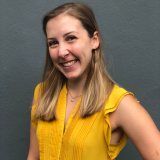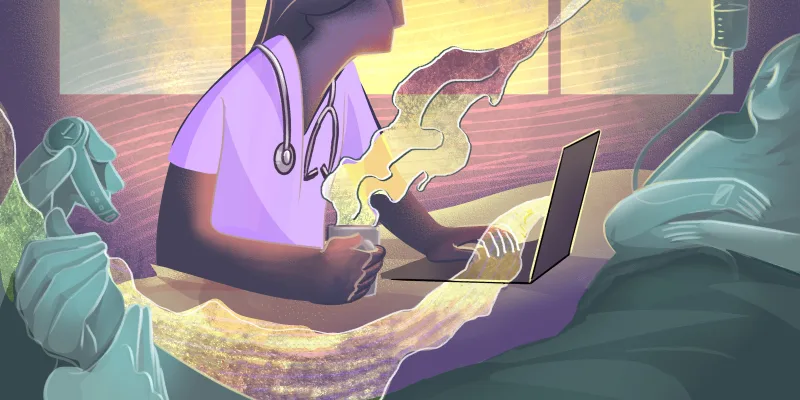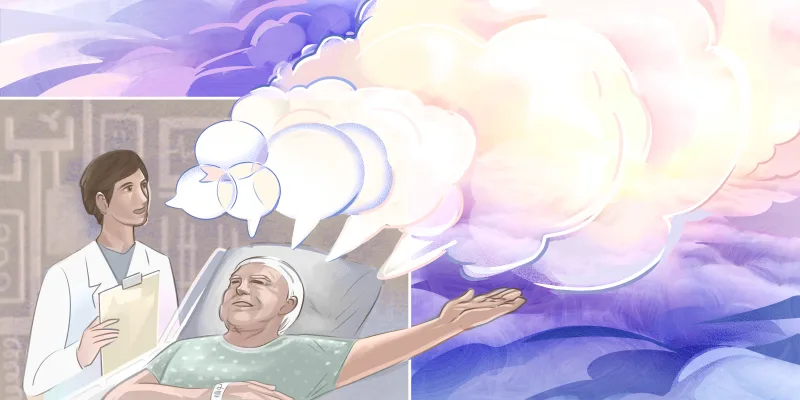
Around the world, clinicians are sharing an experience: what it’s like to fight the novel coronavirus. At Doximity, we have been hearing these experiences — from across the world and from our members — and sharing them. We have collected a few especially striking stories.
The first is from a female family physician in Washington state, an epicenter of the pandemic. She tested positive for the virus three times: once in late February, again in early March, and a third time more recently. Her story:
It's been quite the adventure and the worst part is I may have infected my parents. There's still a lot of unknowns about transmission but the thought of maybe passing COVID-19 onto them is unnerving. My dad was hospitalized a few weeks ago and required oxygen. He received remdisivir, which thankfully helped. They are both recovering at home and I'm ordering them UberEats, not as penance but support.
This is a very unique time in health care. I really appreciate one Italian woman's statement in a video about what they would have told themselves 10 days prior to the outbreak: “We should always be light in spirit but not with our gestures.”
What amazes me is the fortitude, calm, and love demonstrated in the midst of death and hardship on such a large scale.
As our outpatient clinic continues to deal with lack of PPE, testing options (or lack thereof), clinic flow, changing to telemedicine, I pray peace over panic and the right resources to be available.
Granted, this is from emails and a clinic telephone meeting, but when I return to the workforce, I hope to be a small part of the team working towards patient and community support. None of us can do this alone and we were never meant to practice medicine alone. A time such as this highlights the need for each other now and in the coming months.
While physicians in the U.S. are taking heart from those in Italy, we have also heard from Italian doctors. Dr. Erika Poggiali, who works in an ED in Italy, shared with us what it’s like halfway across the world in a country that was hit hard early on. Davide Bova, MD, FACR translated her story.
We resist and with difficulty. I was called back to work on the only weekend I had to be with my children. What can I say? They are and we are in pieces, we are getting sick, we are few and we average 80 patients waiting to be admitted to the ER. Thursday night I alone was in charge of 40 patients. It is inhuman for us and for them, for their families and for our families.
It’s not going well, patients have to be intubated, CPAP increases lung pressures and causes in the long run pneumothoraces or “stiff” lungs, hard to intubate and to be managed once intubated.
Kaletra and Rezolsta seem to have no effect, we delude ourselves into giving a therapy that even the NEJM tells us that it doesn't work.
I don't know what makes sense anymore.
...
It's all difficult. Very difficult.
Protect yourself and be careful.
Trying to cure and treat COVID-19 has been likened to fighting a war. In this atmosphere, Dr. Reagan Anderson, who has served in Iraq, shares learnings from the front lines of war that are applicable to those on the front lines in medicine.
In the midst of the COVID-19 crisis, all kinds of medical professionals are going to be called into this fight regardless of whether or not they are adequately trained or prepared. Our resources are going to be tasked, our mental health strained, and we will have casualties. Make no mistake about it, many of you are about to engage in perhaps your first mass casualty event.
After two combat tours to Iraq, I wanted to pass along a few lessons that I have learned after fighting with the demons that came with being a wartime physician. I wish someone had told me the below prior to my first mass casualty. May they guide and enable you to give yourself some grace:
1) In a situation where there are not enough resources to adequately treat everyone, there are no "right" or "wrong" decisions. You just have decisions. Make them as effectively as you can and do not play the game of asking "what if" questions. Do not think that a patient's outcome has to do with whether or not you made the "right" or "wrong" decision. Again, there is no "right" or "wrong" in a mass casualty scenario. There is only mental strain to be had by trying to assign "right" vs "wrong" in war. Do the best you can and move on.
2) You do not have the ability to "make everything right." Find peace in this.
3) Fight the good fight but when the crisis is over, get the help you need to enjoy life again.
4) Survivor’s guilt has more to do with your issues than who suffered. Live well for the people who died because they would want you to move on and live the best life you could.
5) Forgiveness starts with humility.
6) When this is over, solace can be found in helping prepare for the next war.
We will get through this as a country and as a people. Ask for help when you need it.
There are countless clinicians around the world who are working to stop the spread and effectively treat COVID-19. Doximity will continue to share the experiences of these clinicians, as well as news and science that will help you in your fight.





